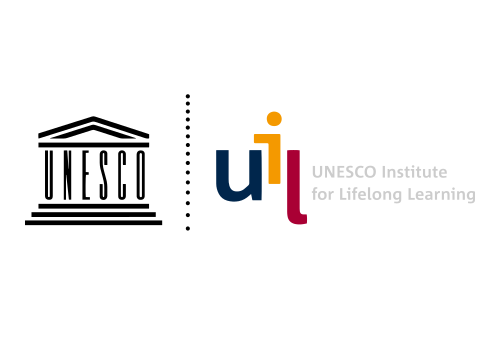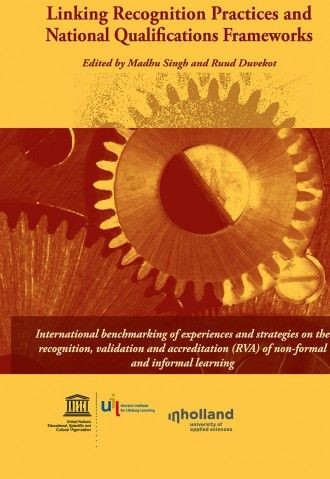Qualification systems across the globe are generally well equipped to deal with learning acquired in institutional settings. However, one of the greatest challenges is how to recognise learning that occurs outside the formal education sector.
UIL's new book, Linking Recognition Practices and National Qualifications Frameworks, edited by Madhu Singh and Ruud Duvekot, tackles this challenge. The recognition, validation and accreditation (RVA) of learning in formal, non-formal, and informal settings is examined within a variety of national and regional contexts.
It contains 23 country specific reports on the linkages between national qualifications frameworks (NQFs) and the practices of RVA from all five UNESCO regions.
The book's reports are based on the outcomes of an international conference organised by UIL in Hamburg in March 2010. The conference explored how UNESCO Member States are promoting lifelong learning by establishing RVA policies and mechanisms. It also asked what challenges are associated with establishing linkages between RVA and NQFs.
Referencia
Singh, M. & Duvekot, R. (eds.) (2013). Linking Recognition Practices and National Qualifications Frameworks: International benchmarking of experiences and strategies on the recognition, validation and accreditation (RVA) of non-formal and informal learning. Hamburg, Germany: UNESCO Institute for Lifelong Learning.


